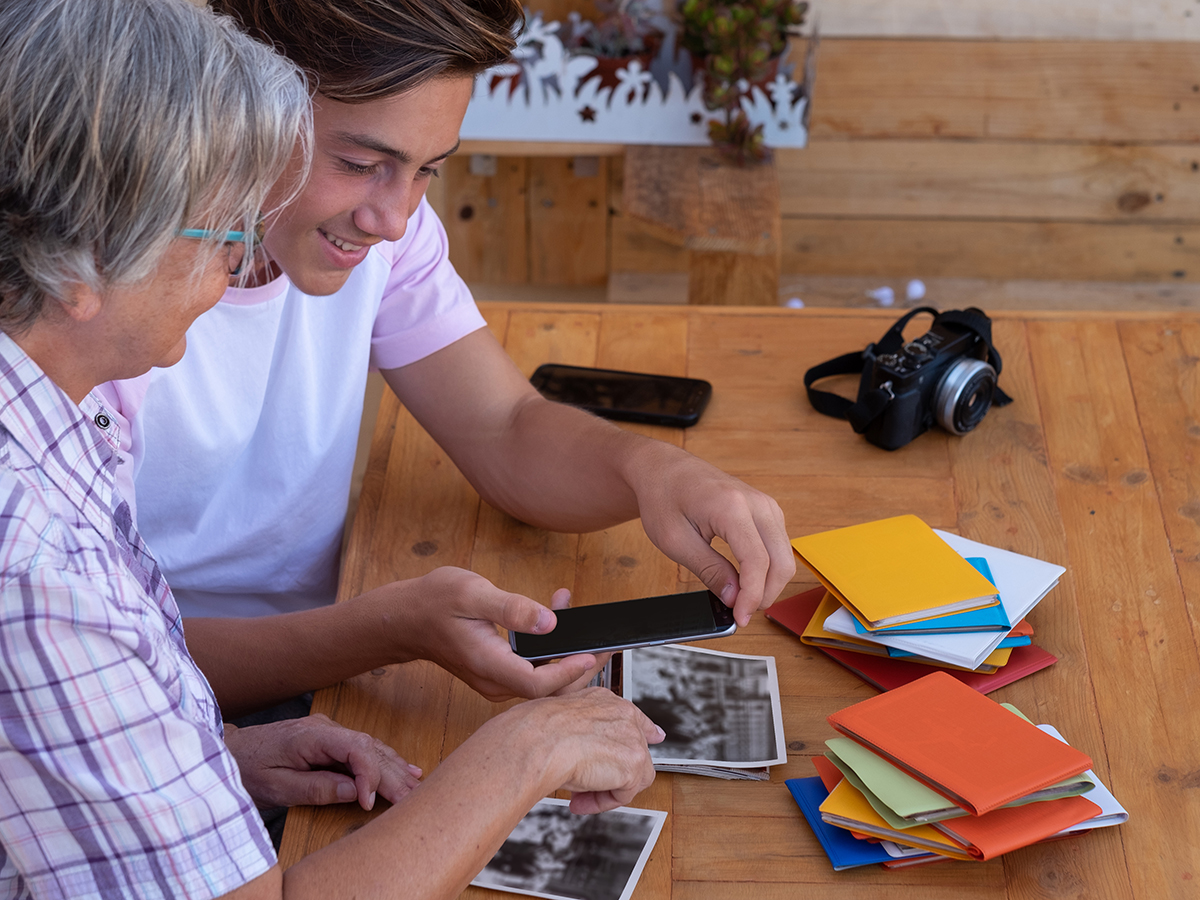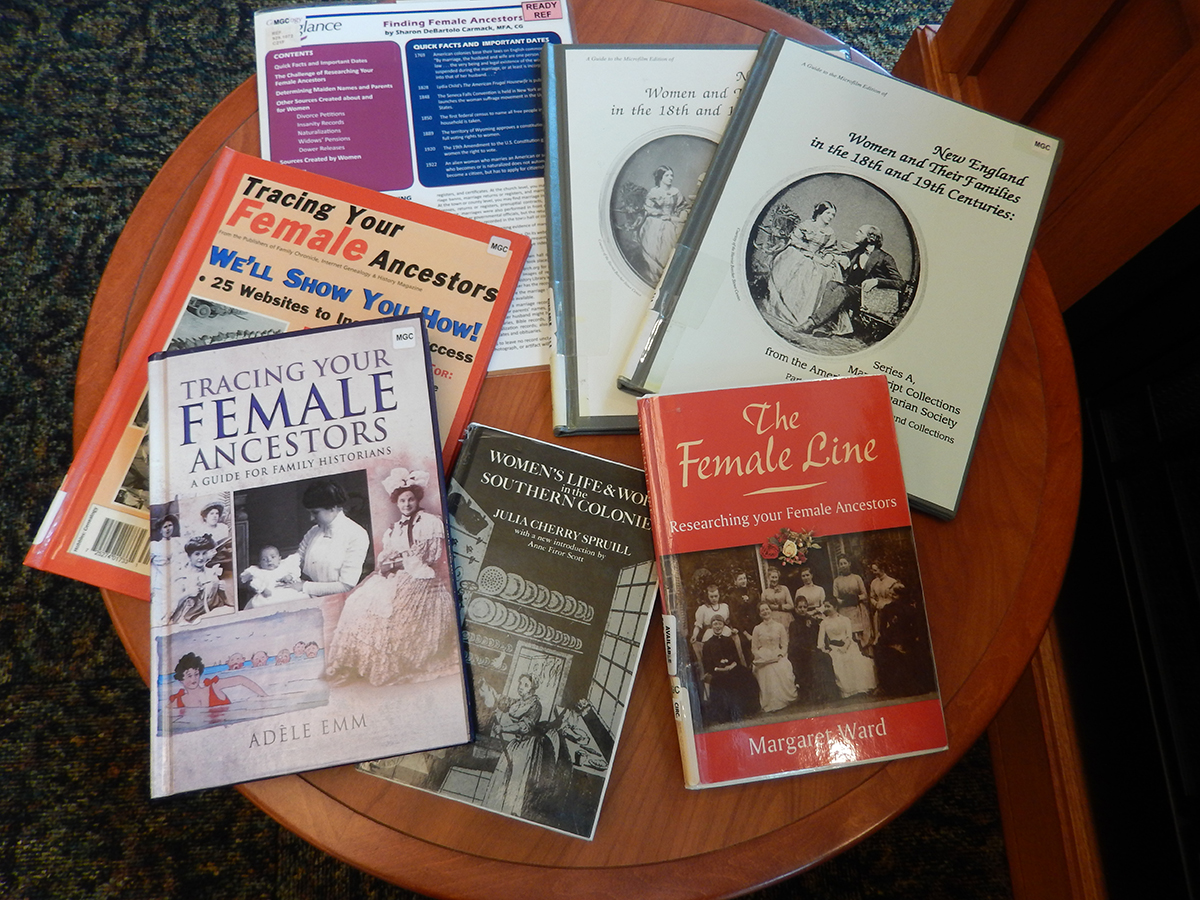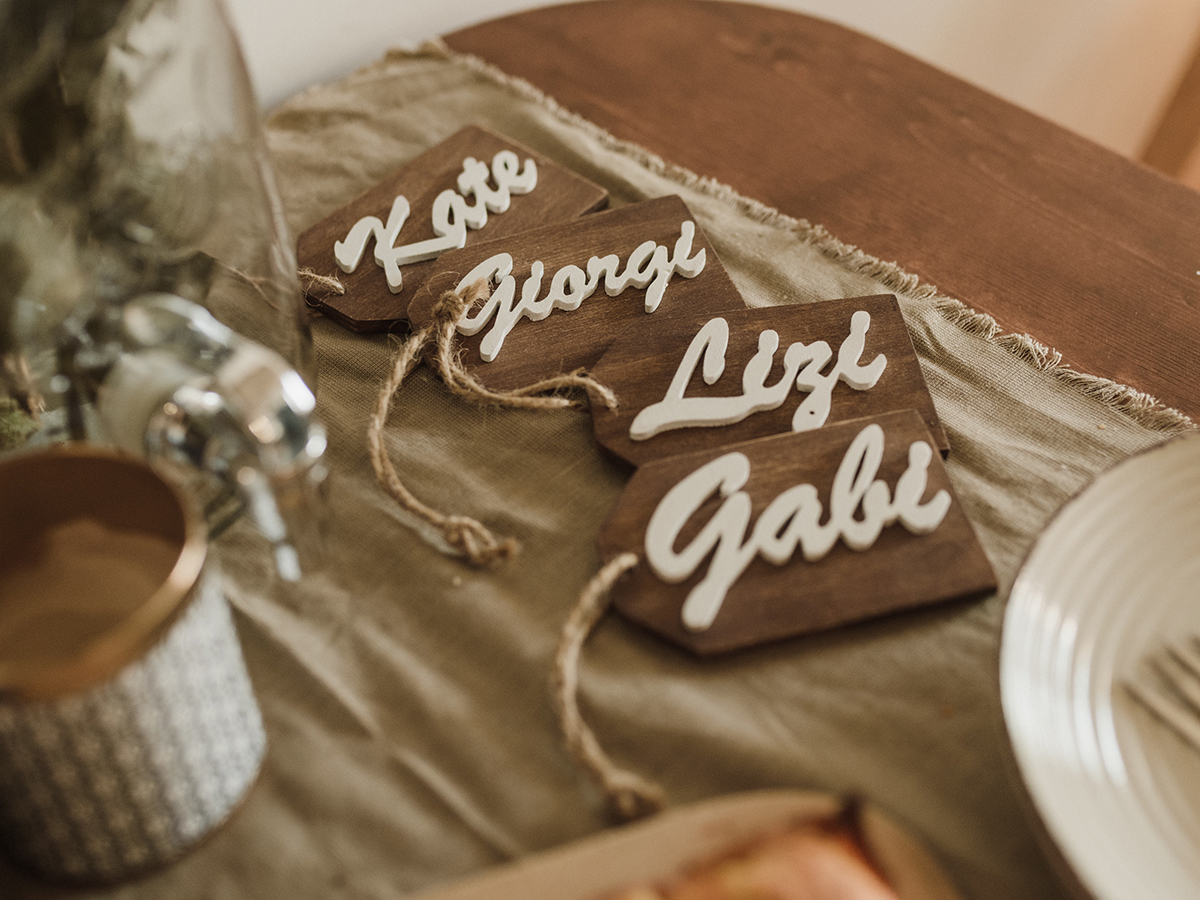
March 15, 2021
Have you considered where your family history is going to end up when you pass away? We have heard more than once that a relative had done some work on the family tree, but it is gone, and no one knows where it is. Sadly, sometimes its fate was an anonymous dumpster.
I recently went on a rescue mission for my cousin’s genealogy since his heirs were not interested. This represented research that we had both done at several libraries and the National Archives. Even after repacking the 10 original boxes, I still had seven! I now have the project of exploring these, and eventually, I hope to put together something that will fit on a shelf.
This brings me to my first suggestion for ensuring your research remains around after you’re gone: organize your genealogy. Does your desk or table look like that pile of loose papers at some courthouses you’ve been to during your research? One friend found numerous blank family group sheets in her piles—enough to last several years. Be sure to choose a method of organization that is understandable, so that a future genealogist can follow it easily. A family that is filed together will stay together…you hope. Information also needs proper sourcing.
One option is to compile a printed book with your family history. You can even publish your book digitally these days. There are several books at MGC about publishing genealogy books, which you might find helpful, including Set Yourself Up to Self-Publish: A Genealogist’s Guide by Dina Carson and Preparing to Write and Publish Your Book by Regina Allison Yuill.
Many genealogists also choose to save their research to a storage device, such as a USB Drive, but you may want to check and see if that is current enough for today’s technology. (Do you remember the old floppy discs?!) Genealogical databases are another option for posting your research along with your sources. If you do this, the CD After You’re Gone: Future-Proofing Your Genealogy Research recommends making a hard copy of your usernames and passwords to various databases and accounts.
Lastly, you could donate your information to a repository, such as a genealogical or historical society, but you must contact them first to find out what their policy is and what they will accept. I would not recommend showing up with your boxes unless you have prior approval.
After you’ve compiled your research, you may want to specify in your will where and to whom it will go once you pass away. Do you have an interested relative who will adopt your research? I would recommend asking different family members. Usually, the one who would like to have it will say so. When you give it to them, be sure to let them know how far it goes and where you have stopped.
So, what are you going to do with your genealogy?
Candy N.
Midwest Genealogy Center
Read Similar Blogs:
Genealogy







